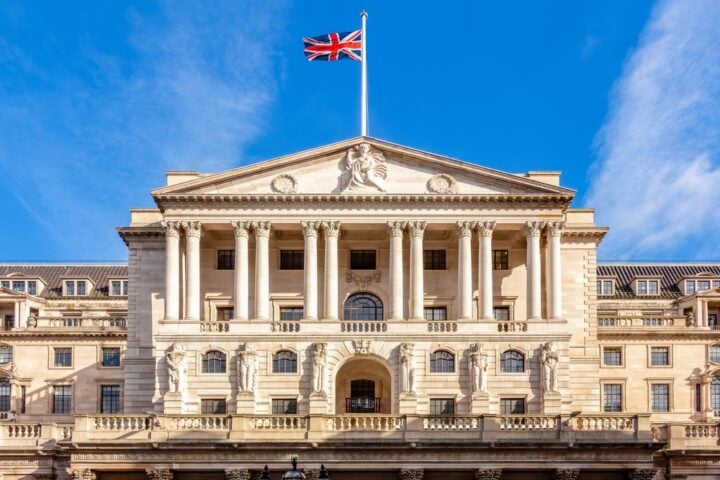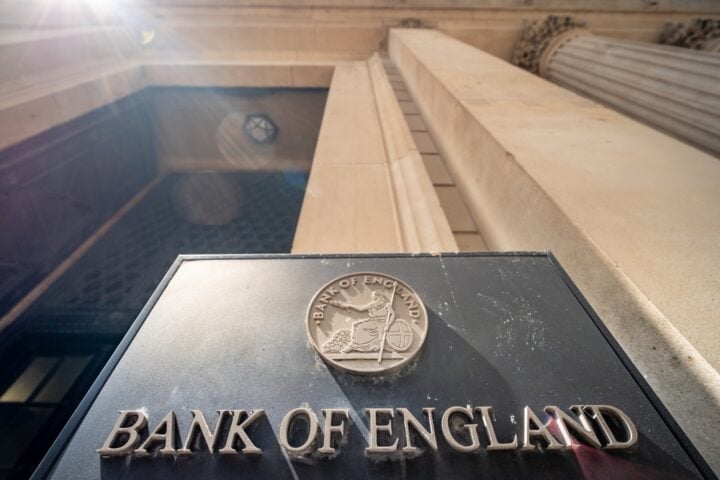Chancellor Rachel Reeves described her tax-raising Budget as a blueprint to “restore stability to our economy and begin a decade of national renewal.” However, fresh inflation data and expert analysis have cast doubts on the viability of her ambitious plans.
Inflation Hits 2.3% in October, Surpassing Expectations
In October, inflation rose to 2.3%, exceeding the Bank of England’s 2% target and the 2.2% forecasted by economists. This marks a significant jump from September’s 1.6%, according to the Office for National Statistics (ONS).
Key Drivers of Inflation:
- Energy Prices: A 10% increase in the energy price cap added £149 to a typical household’s bill.
- Core Inflation: Rose from 3.2% to 3.3%, defying predictions of a decline.
- Services Inflation: Increased from 4.9% to 5%, signaling underlying economic pressures.
Economists Warn of Further Inflationary Pressures
Analysts are raising alarms about the inflationary effects of Reeves’s £40bn tax measures.
- Thomas Pugh, economist at RSM, predicts inflation could reach 3% by 2025 as Budget policies take hold.
- Sanjay Raja, Deutsche Bank’s chief UK economist, cites rising employer National Insurance contributions and higher minimum wages as contributors to inflation.
Business Confidence Takes a Hit
The Chancellor’s measures have sparked backlash from businesses, with industry leaders warning of job losses and higher prices.
Key Concerns:
- National Insurance Hikes: Expected to burden businesses, leading to increased costs for consumers.
- Retailer Impact: Major retailers, including Marks & Spencer and Tesco, warn of £7bn in extra costs due to the Budget.
Industry Reaction:
- Anna Leach, Institute of Directors chief economist, argues the Budget undermines private sector growth.
- Kris Hamer, British Retail Consortium, stresses the inevitability of price hikes due to slim retail margins.
Housing Costs and Mortgage Rates Surge
Homeowners are grappling with the fastest rise in housing costs in 33 years, with owner occupiers’ costs jumping 7.4% in the year to October.
Mortgage Rates:
- Two-year fixed mortgage rates rose from 5.39% pre-Budget to 5.52%, adding financial strain on households.
Implications for Interest Rates and Economic Policy
The Bank of England is likely to slow its interest rate cuts in response to persistent inflationary pressures.
Projected Challenges:
- Higher interest rates for longer periods, increasing financing costs for households and businesses.
- Continued strength in wage growth and services inflation, making rapid rate cuts unlikely.
Broader Economic Concerns
The combination of Reeves’s fiscal policies and sustained inflationary pressures has led to mounting skepticism about the government’s ability to stabilize the economy. With inflation expected to remain above the Bank of England’s target for longer than anticipated, both businesses and consumers face an uncertain financial landscape.







